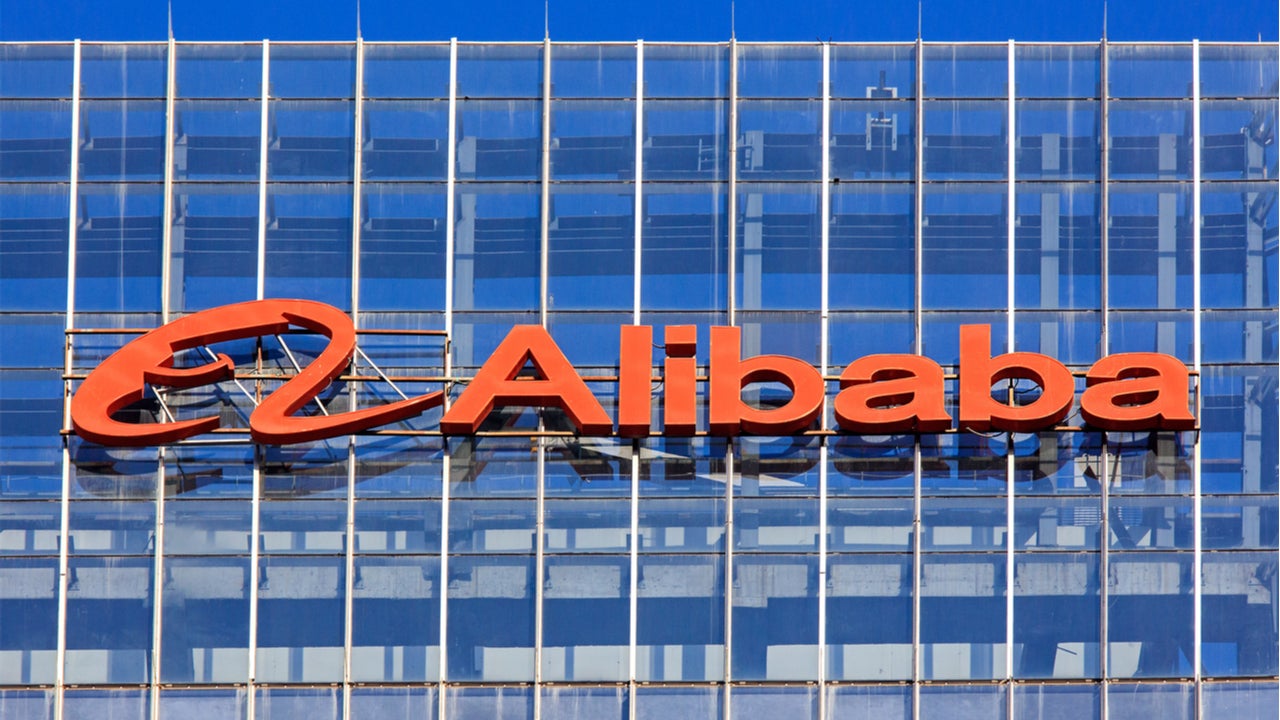Until last year, China’s tech titans like Alibaba ran largely unencumbered by regulation. However, starting in 2020, the government has shown an increased concern over an increasingly-powerful tech industry. It has hardened its antitrust laws as an initial step to gain greater control of the private sector. These attempts seem to align with a renewed antitrust scrutiny in the US and Europe, focused on digital platforms’ concentration of power.
However, the motives and responses differ significantly. While lawmakers in the West are motivated by competition concerns and aim to mitigate harm to consumers, the Chinese Politburo relies on maintaining an authoritarian state and has opted for a show of force, making an example of Alibaba.
The tension between the Chinese government and large tech firms, while nothing new, appears to be heading towards a crescendo as antitrust and anti-monopoly regulation is increasingly imposed by the state. At the last minute, the IPO of Ant Financial (an extension of Alibaba Group), expected to be worth $35bn, was pulled by the Chinese authorities.
This comes on the heels of the People’s Bank of China’s complaint that Ant Financial, owned by Jack Ma, the CEO of Alibaba Group Holdings, acted in violation of regulations. The bank called on the company to rectify its illegal activities.
Alibaba and Tencent may be hit hardest
To avoid monopolies forming, the Chinese government introduced stricter antitrust laws in November 2020. Alibaba and Tencent, which offer financial services in China, are likely to be hit hardest by the new regulatory measures.
Beijing has characterized the targeting of monopolies as preventing the ‘disorderly expansion of capital.’ There is concern that tech companies have too much power over the country’s digital economy. For example, according to Ant, 700 million people are frequent users of its payment app. This accounts for around half of China’s population. The Chinese government has ordered the company to reign in its fintech empire, as it threatens to undermine the state’s control over the economy.

US Tariffs are shifting - will you react or anticipate?
Don’t let policy changes catch you off guard. Stay proactive with real-time data and expert analysis.
By GlobalDataThe threat to Beijing’s grip on the Chinese economy is evident from its investigation of Alibaba’s “choose one from two” policy, which forces merchants to choose only one platform as their exclusive distribution channel. This undermines Alibaba’s competitors, such as JD.com and Pinduoduo. At face value, new antitrust measures are part of a larger effort to curtail the monopoly of the Chinese digital economy by large ecommerce companies.
These new regulatory measures in China are nuanced. Antitrust laws and anti-competitive regulations in China are used against companies that are seen as becoming too influential. This has historical precedent, with Chinese regulators in 2018 putting the brakes on the country’s gaming sector, which significantly impacted Tencent’s growth.
The prospect of direct regulatory action by the Chinese government raises questions about the future of the country’s big tech companies. This is reflected in the plummeting value of Alibaba stocks since November 2020. How closely Chinese tech companies are aligned with the state will also likely have an impact on their treatment by the Biden administration and their role in the trade wars between the two countries.








